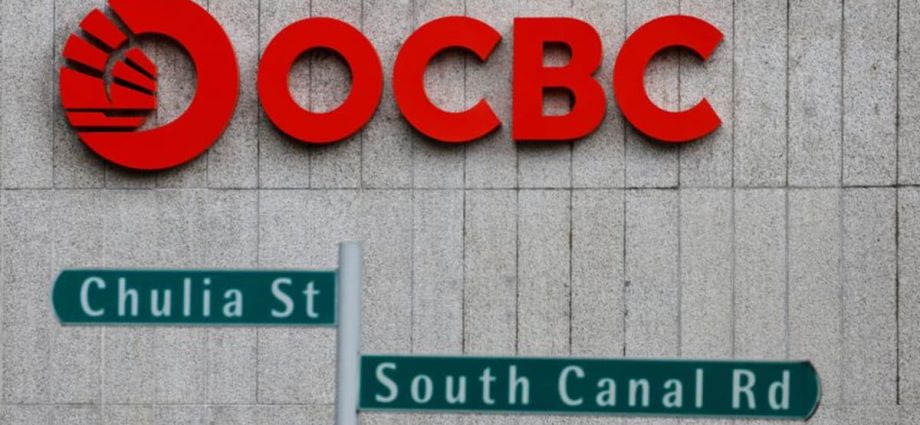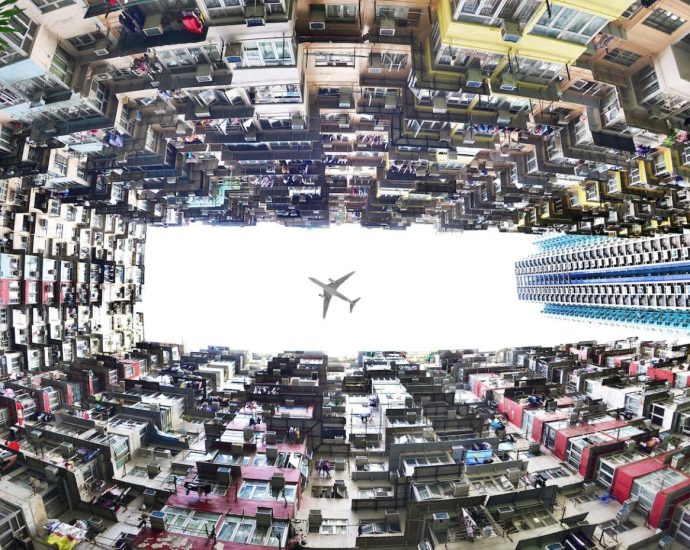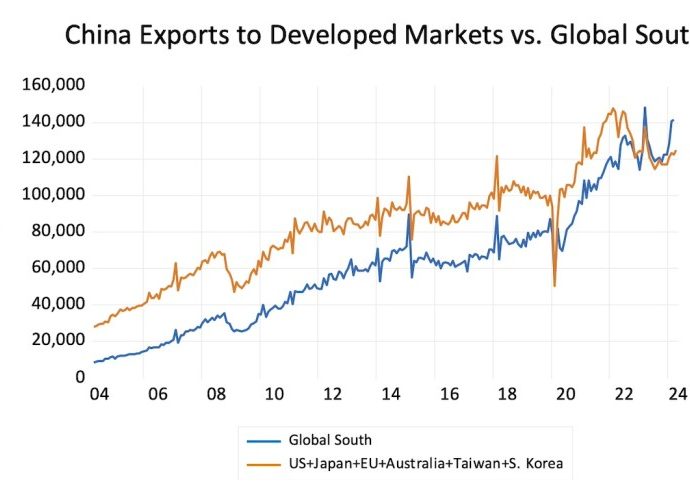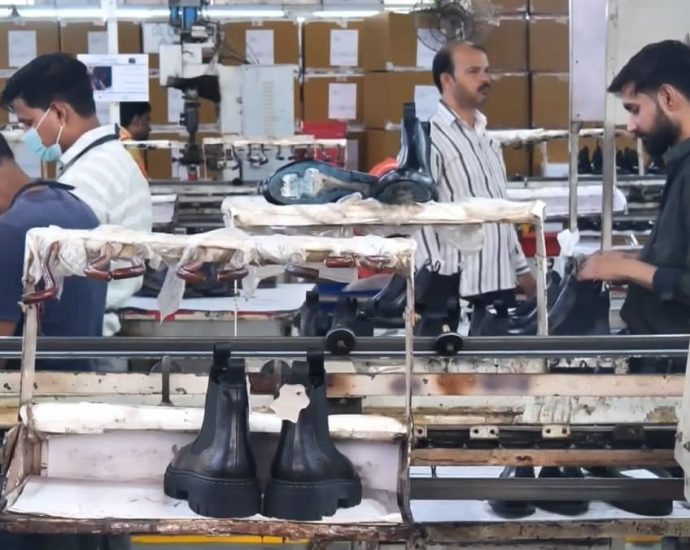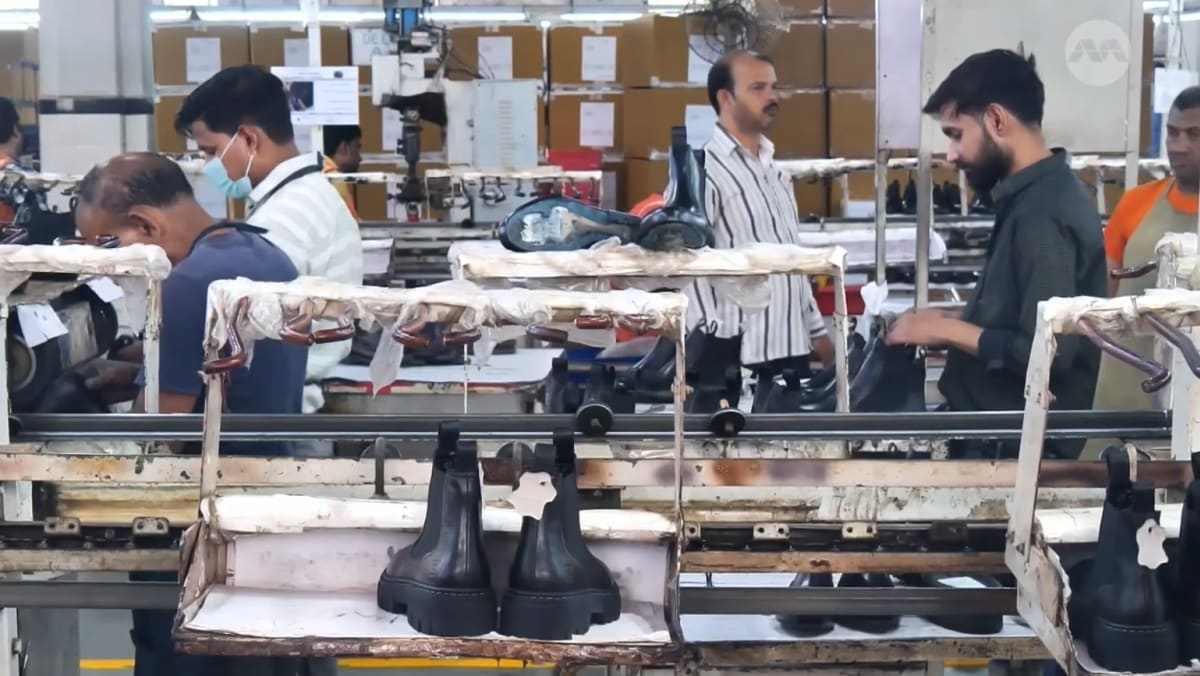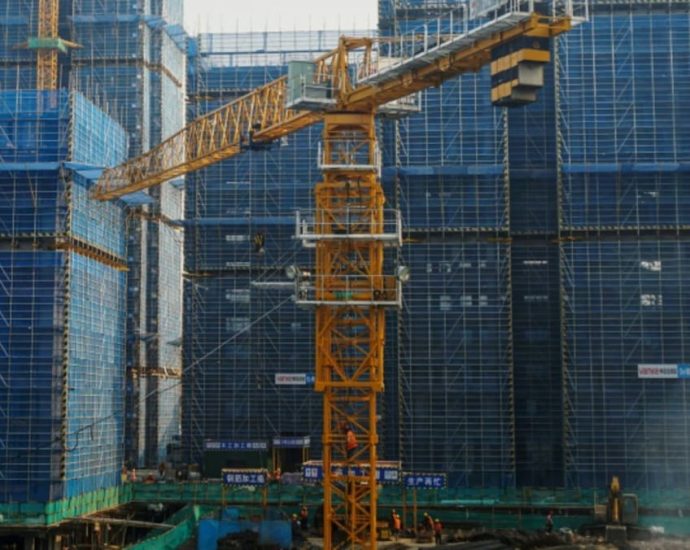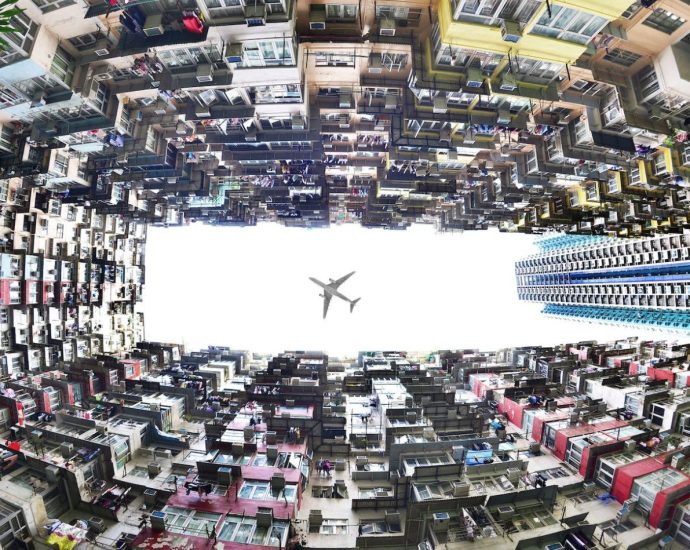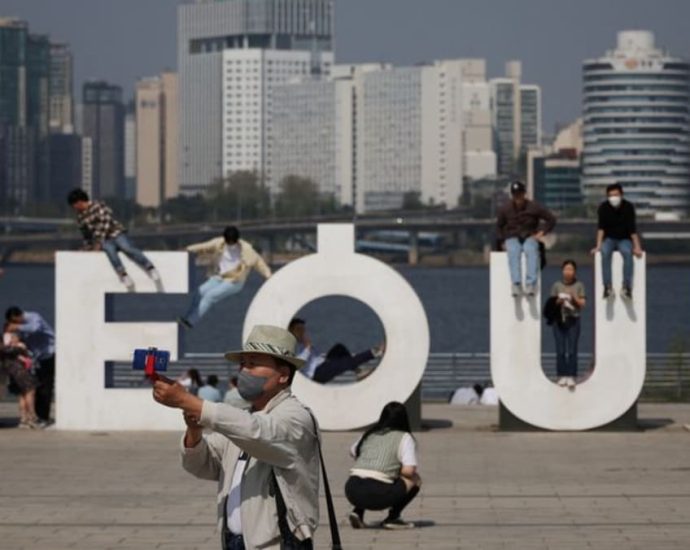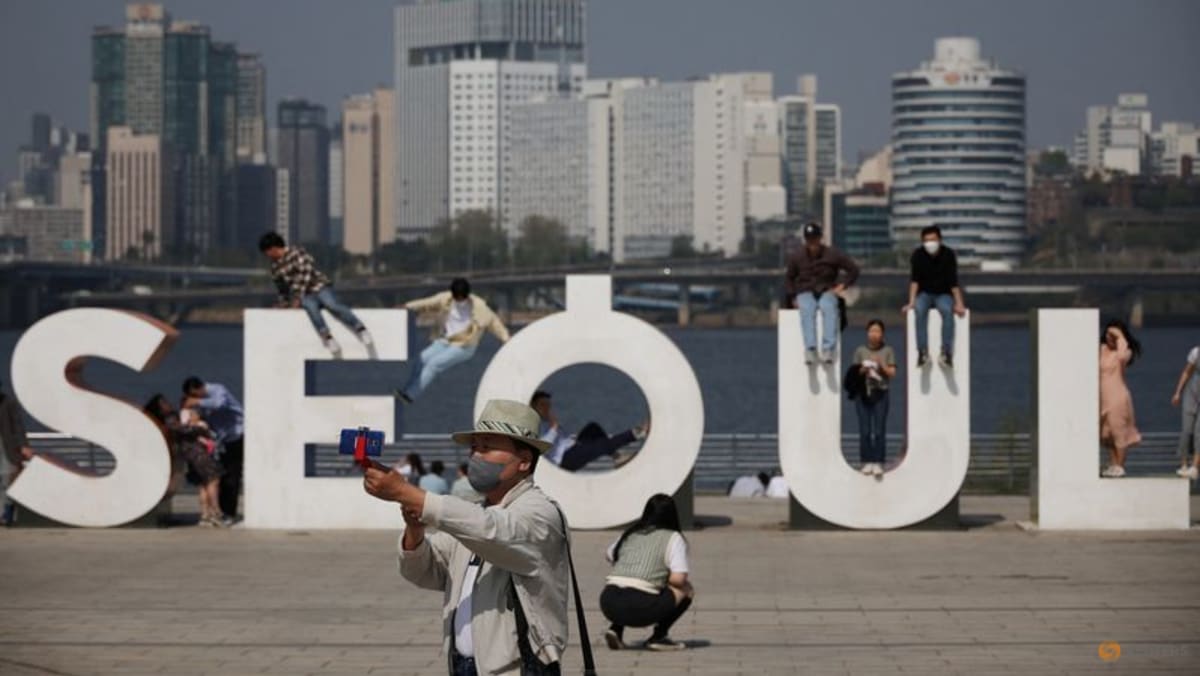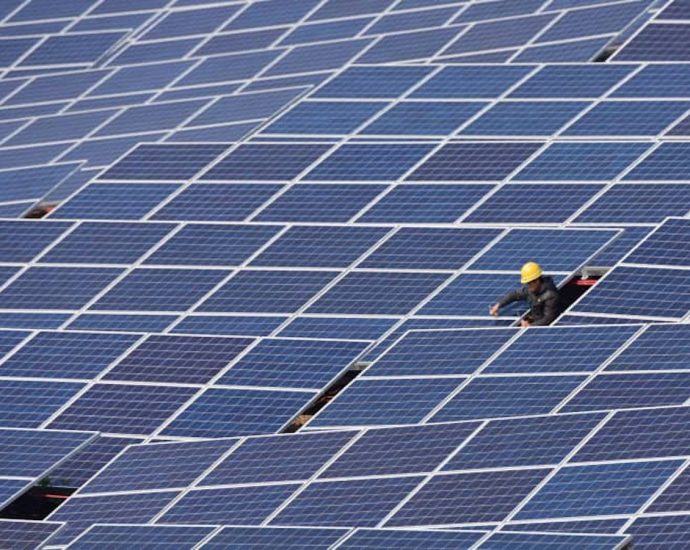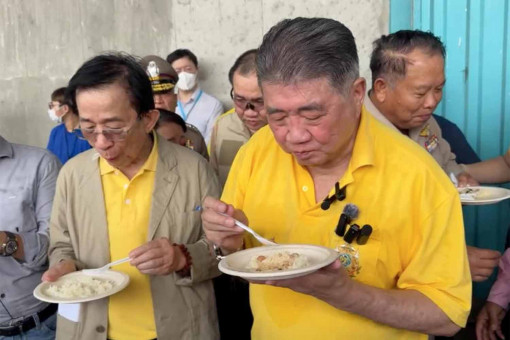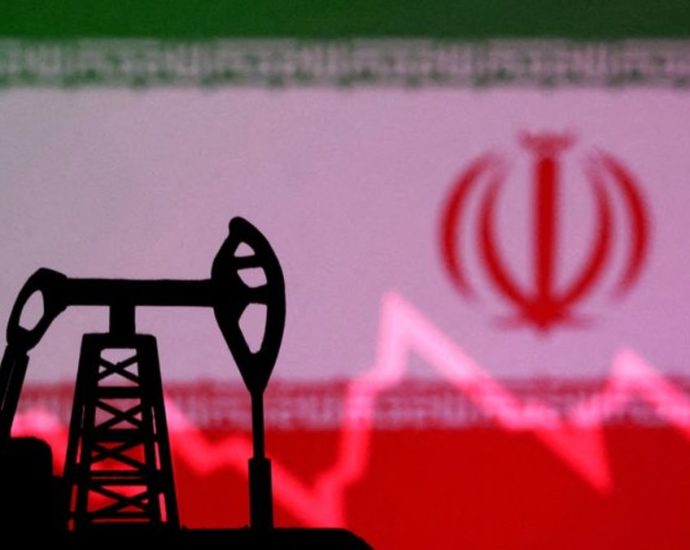Singapore’s OCBC offers S$1.4 billion to Great Eastern in bid to take it private
Singapore’s second- biggest lender, OCBC, unveiled a S$ 1.4 billion ( US$ 1.04 billion ) offer on Friday ( May 10 ) to buy the remaining stake in insurer Great Eastern Holdings and delist the company. OCBC, Great Eastern’s biggest investor, said it would get the 11.56 per share stakeContinue Reading

